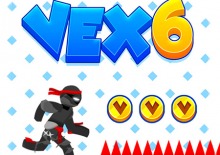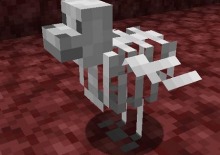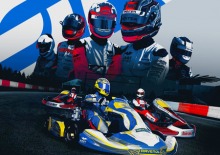Advertisement
Tentacle Locker
Tentacle Locker is a side-scrolling game that combines simple movement mechanics with interactive elements. The player controls a locker equipped with a tentacle mechanism and must time their actions precisely to interact with passing characters. The game is built around pattern recognition and reaction speed, requiring players to observe movements and act at the right moment. Despite the basic setup, it includes a series of sequences that add variation to gameplay.
Basic Controls and Game Flow
Players use straightforward controls to open the locker and activate the tentacle at specific times. Characters walk past the locker in set intervals, and the player must choose when to make a move. If the action is poorly timed, the opportunity is missed, and the sequence continues. As the game progresses, the walking patterns change slightly, adding a level of difficulty. The gameplay loop is short but structured for repetition and experimentation.
Game Environment and Style
Tentacle Locker features a minimal environment focused on corridors and lockers. Most interaction happens in a narrow horizontal space, and the simplicity of the visuals supports the timing-based mechanic. While the backgrounds remain mostly static, the focus remains on movement and timing. Some versions of the game include slight animations and additional sound elements to guide player decisions or indicate successful interactions.
Key elements of Tentacle Locker:
Horizontal side-scrolling layout
Timed interaction with passing characters
Simple control scheme with one or two actions
Increasing difficulty based on movement patterns
Basic sound cues and visual effects
Structured for Short Sessions
Tentacle Locker is designed for short, focused gameplay sessions. It does not rely on a storyline or progression system, but rather on repeating a single type of interaction under different conditions. The structure allows players to engage casually without long-term commitment. It functions mainly as a reaction-based game with a narrow objective and limited mechanics. The design encourages players to try again multiple times to refine their timing and execution.









































































































